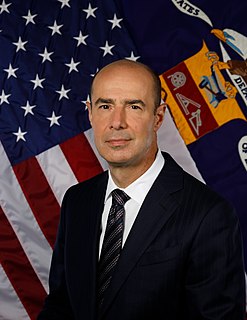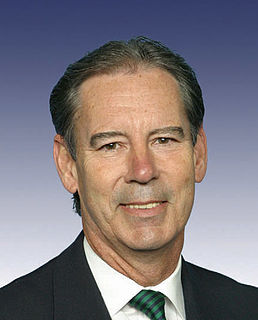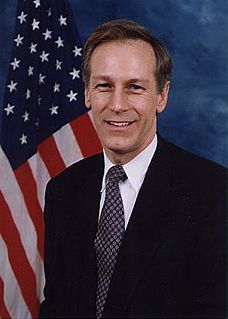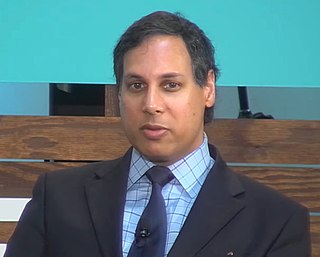A Quote by Tom Perez
Workers are most likely to save for retirement if they have access to a workplace savings plan and are automatically enrolled in that plan.
Related Quotes
At the heart of Erisa is the requirement that plan fiduciaries act with an 'eye single' to funding the retirements of plan participants and beneficiaries. This means investment decisions must be based solely on whether they enhance retirement savings, regardless of the fiduciary's personal preferences.
In Western Europe, most countries have variations of the lifetime pension system for most workers so they are keeping the system that we are walking away from. By comparison, 50% of the American workforce is not offered any retirement plan by their employers. And of those who are offered a plan, roughly 25% do not choose to join. In other words, everything is voluntary, and that's one of the reasons our results are so perilous for most people.
The simple index fund solution has been adopted as a cornerstone of investment strategy for many of the nation's pension plans operated by our giant corporations and state and local governments. Indexing is also the predominant strategy for the largest of them all, the retirement plan for federal government employees, the Federal Thrift Savings Plan (TSP). The plan has been a remarkable success, and now holds some $173 billion of assets for the benefit of our public servants and members of armed services.
When I was growing up, you were supposed to marry and therefore didn't plan ahead. Planning ahead is one of the few reliable measures of class in the sense that rich people plan for generations forward and poor people plan for Saturday night, and by that measure, women have been lower class. We were less likely to plan ahead because we're more likely to think that who we marry and our children are going to dictate our plans.


































